“City of God”: Exploring the Complexities of Rio de Janeiro through film
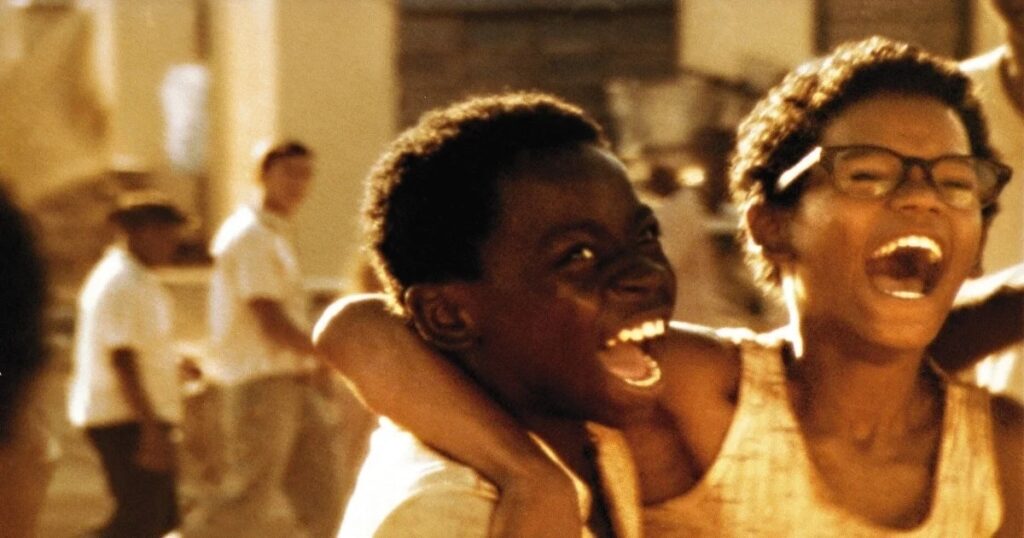
Rio de Janeiro is a city of striking contrasts, where the exuberant beauty of the beaches and natural landscapes coexists with the harsh reality of the favelas, where the film “City of God” is set. Directed by Fernando Meirelles and Kátia Lund, this film is much more than a simple cinematic narrative; is a deep dive into Rio’s urban life and the complex social relationships that permeate it.
City of God: Realistic Portrait of Favelas
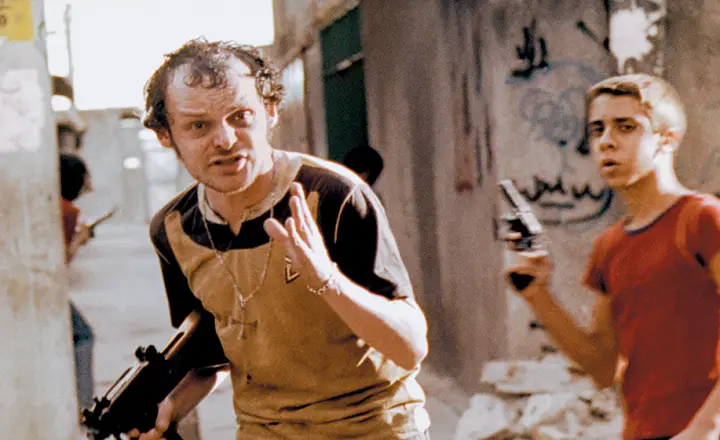
“City of God” delves deep into the life of Rio de Janeiro’s favelas, capturing the unique atmosphere of these marginalized communities. Through immersive cinematography and careful direction, the film transports viewers into the dusty streets, narrow alleys and makeshift shacks that characterize the favela setting. Each scene is rich in detail, revealing the residents’ daily struggle to survive in precarious conditions. From the lack of basic sanitation to the constant presence of crime, the film offers an authentic and impactful portrait of life in Rio’s favelas.
City of God: Urban Violence
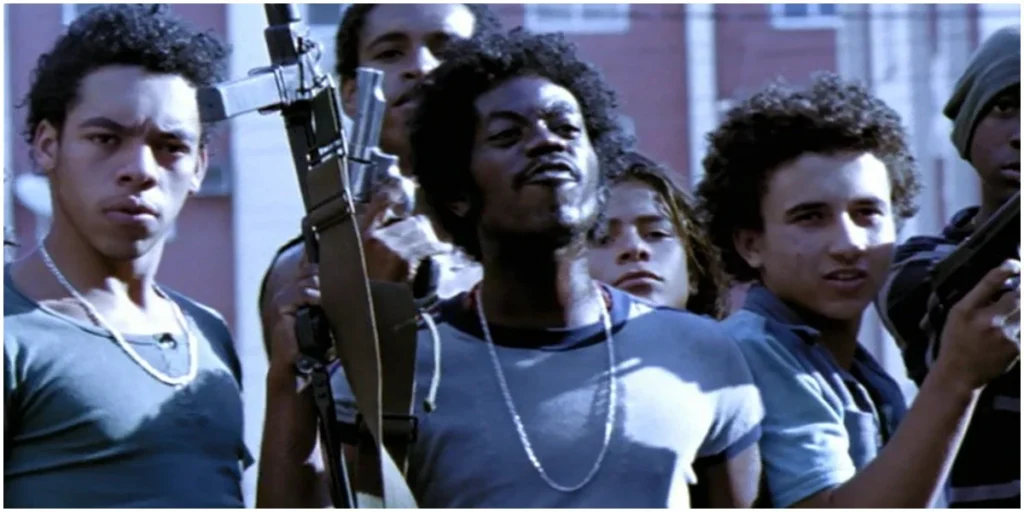
Violence is an omnipresent reality in the favelas of Rio de Janeiro, and “City of God” does not hesitate to portray it in a raw and honest way. From shootouts between rival gangs to clashes with the police, the film does not spare the viewer from witnessing the brutality of everyday life in these communities. However, in addition to physical violence, the film also explores the psychological consequences of urban violence, showing how it affects not only direct victims, but also families and entire communities.
City of God: Social Disparities
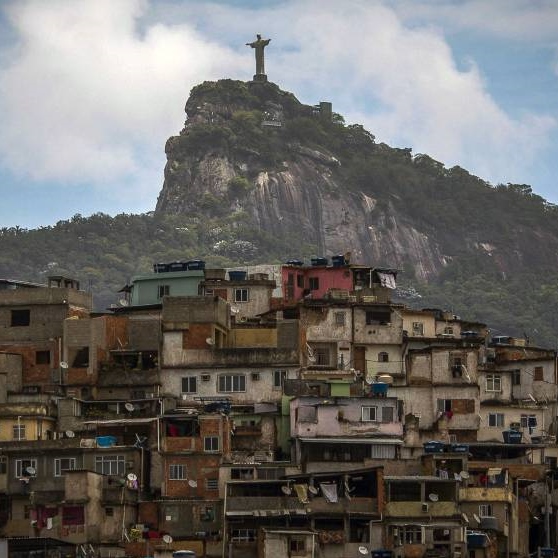
The contrast between the opulence of the upscale neighborhoods and the poverty of the favelas is one of the most striking characteristics of Rio de Janeiro, and “Cidade de Deus” highlights this disparity in a striking way. While favela residents struggle to survive in precarious conditions, residents of wealthier neighborhoods enjoy privileges and comforts inaccessible to the majority of the population. This socioeconomic divide is a constant source of tension and injustice, fueling inequality and marginalization of the poorest communities.
City of God: Police Corruption
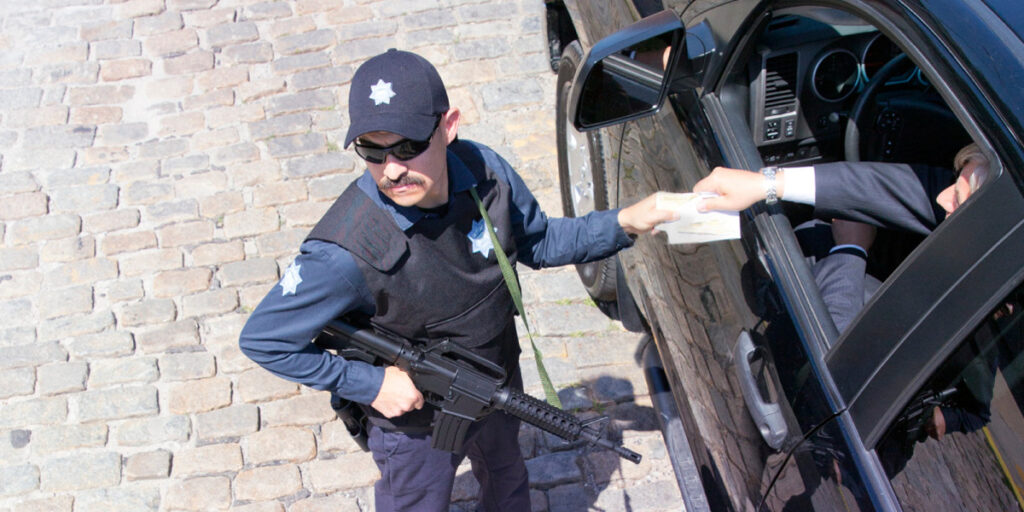
Police corruption is a tragic reality in Rio de Janeiro, and “City of God” exposes this reality in a frank and incisive way. The film portrays the complicated relationship between the police and organized crime, showing how some police officers collude with drug traffickers or abuse their power to oppress favela residents. This lack of trust in authorities only intensifies the problems faced by marginalized communities, creating a cycle of violence and injustice that seems impossible to break.
City of God: Resilience and Survival
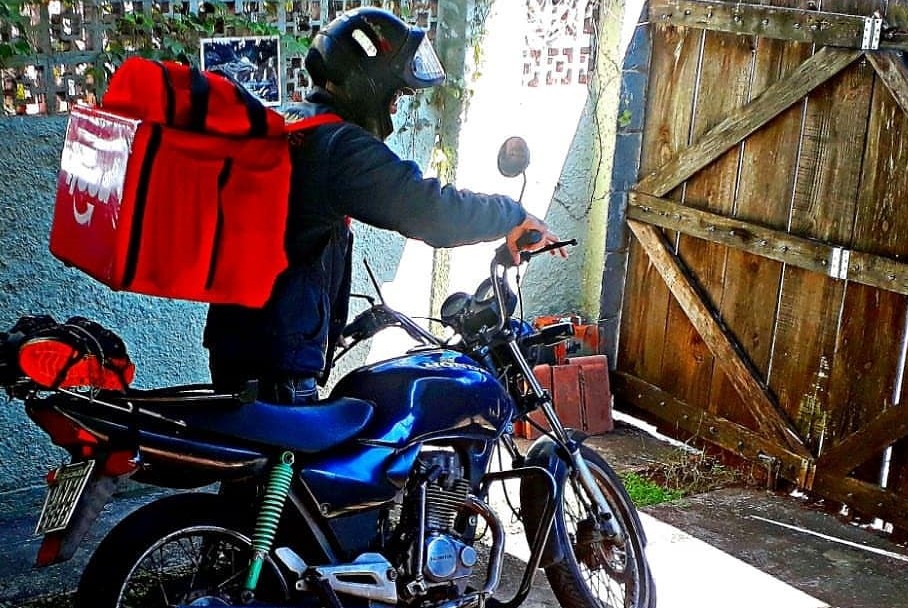
Despite all the adversities, the characters in “City of God” demonstrate incredible resilience and determination in facing the challenges imposed on them. They find creative ways to survive in a hostile environment, using their intelligence, skill and determination to overcome adversity. Even in the face of violence, poverty and corruption, these characters never lose hope for a better life, and it is this resilience that makes “City of God” so moving and inspiring.
Ultimately, “City of God” is not just a movie; is a powerful testament to the complexities of urban life in Rio de Janeiro. By exploring themes such as violence, social inequality, police corruption and human resilience, the film invites us to reflect on the injustices faced by those who live on the margins of society and the difficulties inherent in the search for a better life in a divided city.
Through an engaging narrative and richly developed characters, “City of God” reminds us that, despite adverse circumstances, humanity always finds ways to resist and persevere. It’s a powerful reminder that even in the most challenging situations, there is always hope and the possibility of change.
Therefore, when watching “City of God”, we are confronted not only with the dark realities of Rio de Janeiro, but also with the resilience and strength of the human spirit. It is a film that makes us reflect, move us and inspire us, leaving an indelible mark on all those who watch it.

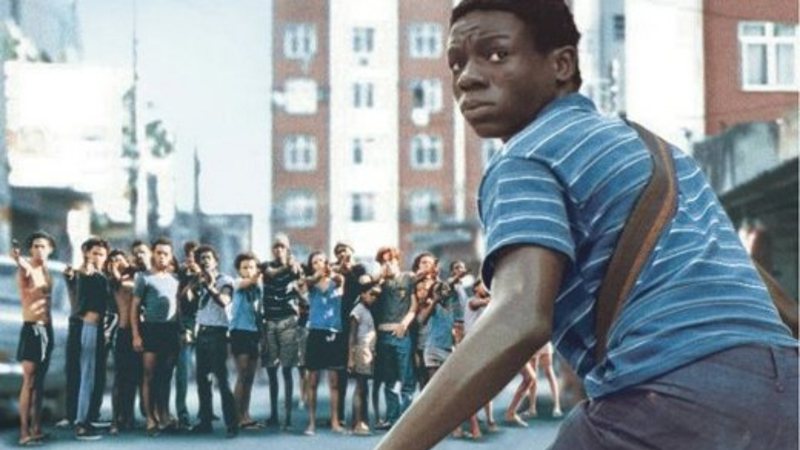





2 comentários em ““City of God”: Exploring the Complexities of Rio de Janeiro through film”